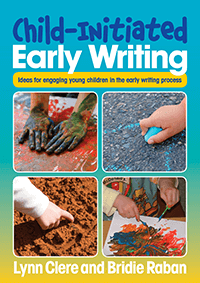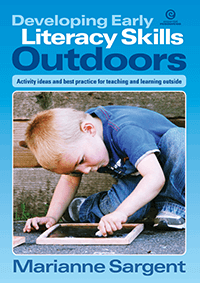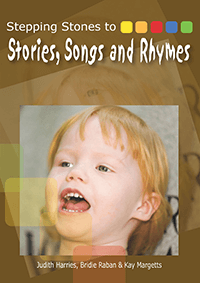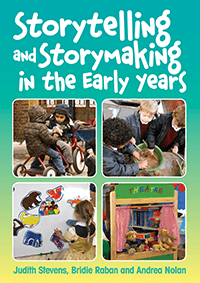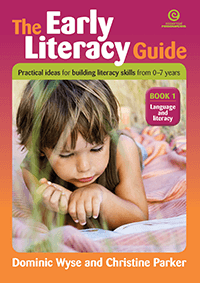
Foundations of Early Literacy
A balanced approach to language, listening and literacy skills in the early years
The aim of Foundations of Early Literacy is to provide advice about the foundations of early literacy that is easily accessible, based on best practice, and - above all - fun. Each chapter therefore consists of both research-based pages and practical pages. The soundest foundations for early literacy are an active, play-based curriculum, an emphasis on oral learning, and plenty of time for music, movement, song and stories.
This book was devised to place language, listening and literacy within the wider context of children's overall physical and mental growth - recognising the overlap between all areas of early learning and development. Focus areas are:
* Learning to listen
* Time to talk
* Music, movement and memory
* Storytime
* Learning about print
* Tuning into sound
* Moving into writing
|
AUD incl GST
|
Add to cart | |
| or more | each |
